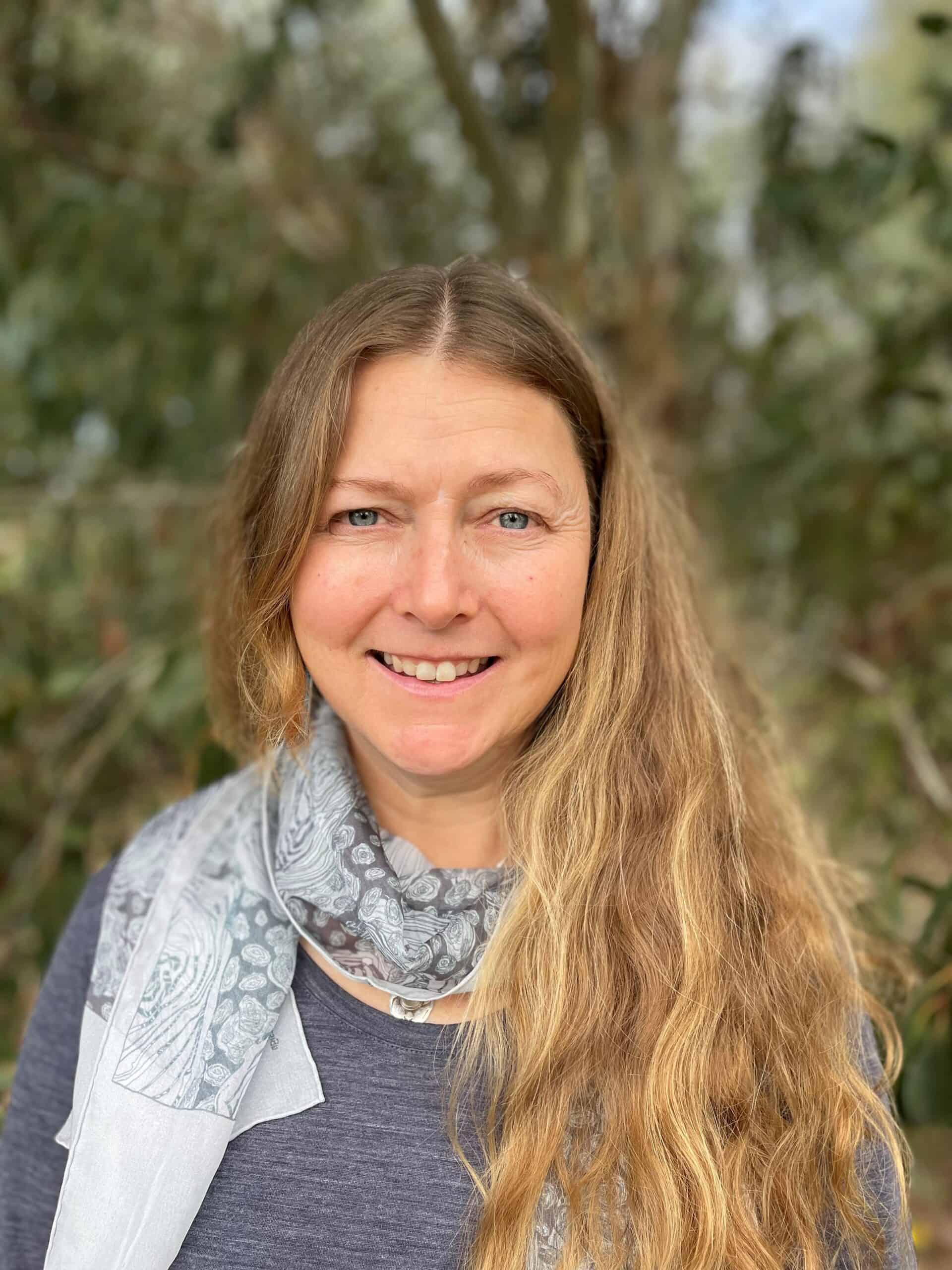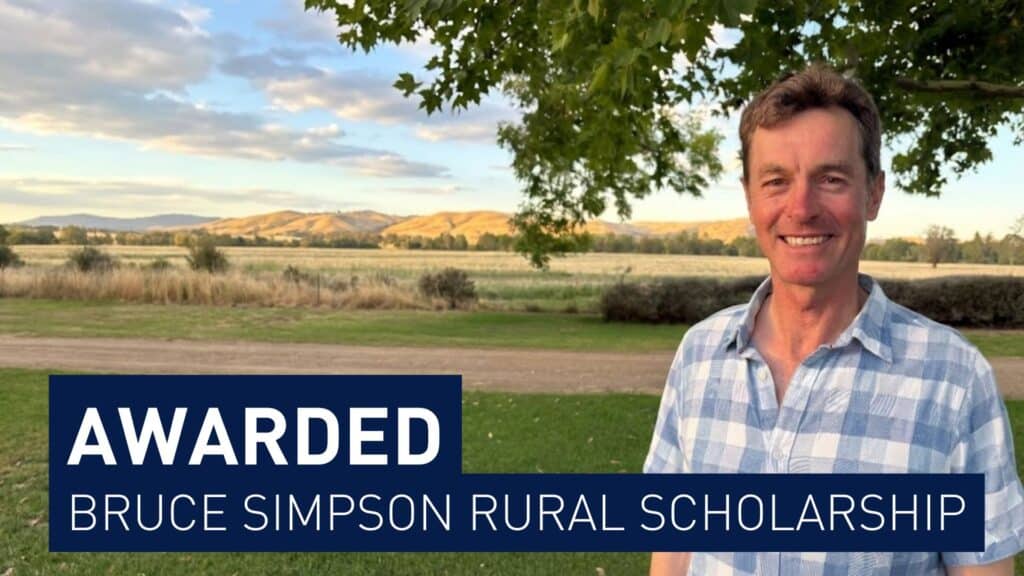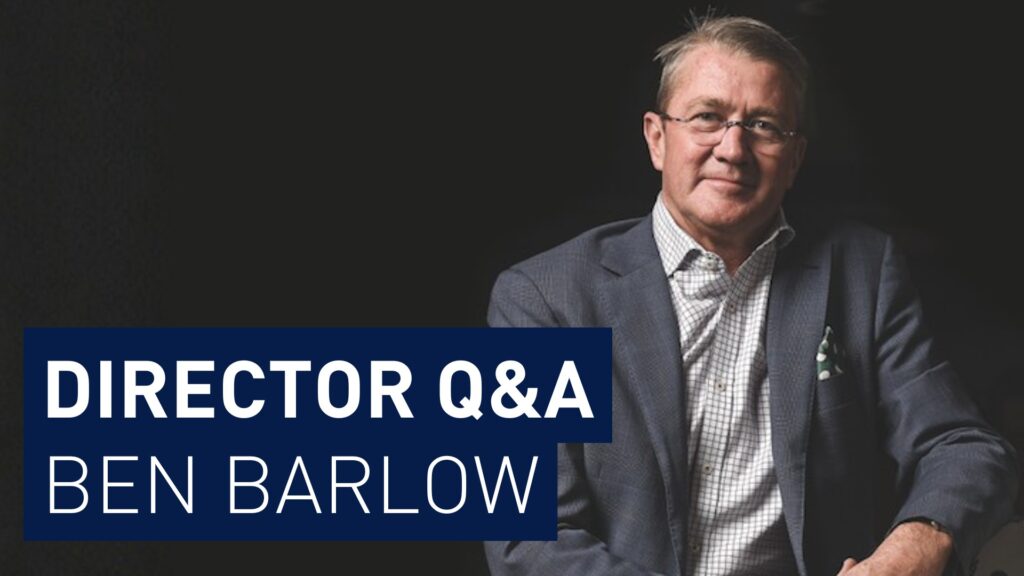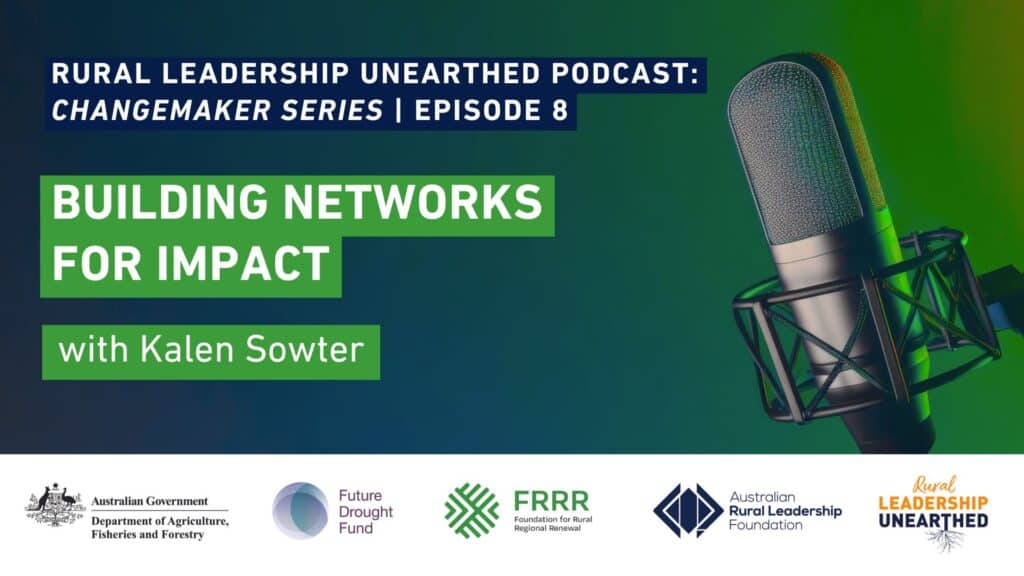When Rebecca O’Leary was a team leader on Raoul Island, her biggest accomplishment was that nobody died on her watch. It sounds dramatic because it is. Raoul Island is extremely remote and the landscape is made up of slippery volcanic rock. Vigorous volcanic activity over the past several thousand years mean each day is an adventure. With no safe harbour, Rebecca’s team members were dropped off for their 12-month stint and left to figure it out.
Located 1,100km north-west of New Zealand’s North Island, Raoul Island is an important site for monitoring seismic and weather events. Onsite experts also participate in flora and fauna identification and research into the islands’ ecosystems.
‘The job attracts loners,’ Rebecca says. ‘But everything we did was communal. We were never alone and we had to find ways to work together to stay safe’.
Finding the gaps
These days, Rebecca’s work is more low key—but the stakes are still high. She’s an environmental consultant in the Clare Valley, South Australia. At the moment, Rebecca and her teammates at Northern and Yorke Landscape Board are focused on whether a tiny marsupial from WA can help restore ecosystems in the Dhilba Guuranda-Innes National Park.
The marsupial in question is the Yalgiri (also known as the Brushtail Bettong) which is extinct in South Australia. The team hopes reintroducing the species will support essential ecosystem restoration—often referred to as ‘rewilding’—to create more biodiverse habitats.
‘Restoration work is about making the ecosystem function as well as it possibly can. Brushtail Bettong are soil engineers, which means they dig through the soil looking for roots and tubers…this spreads seed, enables plants to germinate, and attracts other beneficial creatures,’ Rebecca explains.
Many of the animals that have gone extinct in the area are small to medium-sized soil engineers, and Rebecca says the ecosystem is struggling to regenerate as a result.
The leadership ecosystem
Just like in the wild, individuals in communities each have a job. And sometimes, those jobs can feel at odds with one another.
When she applied for the LARC program, Rebecca hoped to rebuild her confidence, bruised as it was after a project she’d dedicated years to lost its funding. Not only that, she hoped to find new ways to engage collaboratively with community stakeholders.
Conservation work is tricky because it can be largely invisible and the issues are complex. Rebecca says it can be hard to ‘convince people to care about a lack of native grasses or a degraded understorey,’ because they can’t see the direct consequences.
But LARC facilitators showed her how simple it can be to connect people through common values. Rebecca loved LARC’s experiential design, but she was most impressed by how facilitators used storytelling to build connection—quickly and painlessly.
‘My a-ha moment was that you could take a group of people who didn’t know each other and, through an exercise of storytelling, nurture a deep connection. The value of sharing stories and being vulnerable created a shared sense of commitment, understanding, and empathy with each other in a short time,’ she said.
Common ground found
As part of their Community Action Initiative, Enviro Legends, Rebecca’s group ran a World Cafe-style community forum. The process gave Rebecca a chance to put her learnings to the test. “I now understand the value of helping people understand what we do and why certain decisions are made,’ she said.
Rebecca’s biggest takeaway from LARC was the importance of building rapport and trust in the community. So much so, she has added a key question to her Communication and Engagement activities. ‘Now I always assess how each activity is going to build community trust,’ she says.
Particularly with regard to the more controversial conservation projects, like 10-80 baiting and prescribed burns, Rebecca applies an open four-step communication method:
Rebecca’s proactive four-step communication process helps community members see the big picture, regardless of their own priorities. ‘It’s about being honest, acknowledging their concerns, communicating regularly, and making ourselves available,’ she says. This method is particularly important with regard to more controversial projects, like 10-80 baiting and prescribed burns.
When it comes to conservation, Rebecca works hard to ‘find commonalities in the community and break down the ‘farmer vs. greenie’ mentality’. LARC helped her realise the importance of sharing the big picture with stakeholders, being open, communicating regularly, and respecting each person’s knowledge.
‘When we ask people what they value about the Yorke Peninsula,’ Rebecca says ‘most people value the same things: nature, big trees, spotting birds, waterways, fresh air, and open skies’. This common ground makes a great starting point for discussions about how to preserve valuable landscape features.
Knowledge is power
Since participating in LARC, Rebecca uses ‘learnt skills to encourage [her] team to develop healthy, productive and collaborative attitudes towards each other, government agencies, stakeholders, and the community’. She’s certain that open communication leads to stronger, more agile communities. ‘Resilience means that the community is informed and can make better decisions to produce better outcomes,’ she says.
The community is on board, too. In fact, the Enviro Legends are booked to present at the SA Urban Sustainability Forum, where they’ll present key findings from their event. Their data highlights what residents value about their region, as well as their hopes for the natural environment in the next seven years.
Rebecca’s work is to help people understand the value of biodiversity. ‘I want to help people connect to the landscape and all the joys the landscape can bring,’ she says. ‘I want people to experience surprising moments of joy in nature. Because that’s what it does—biodiversity creates joy and it creates life’.





